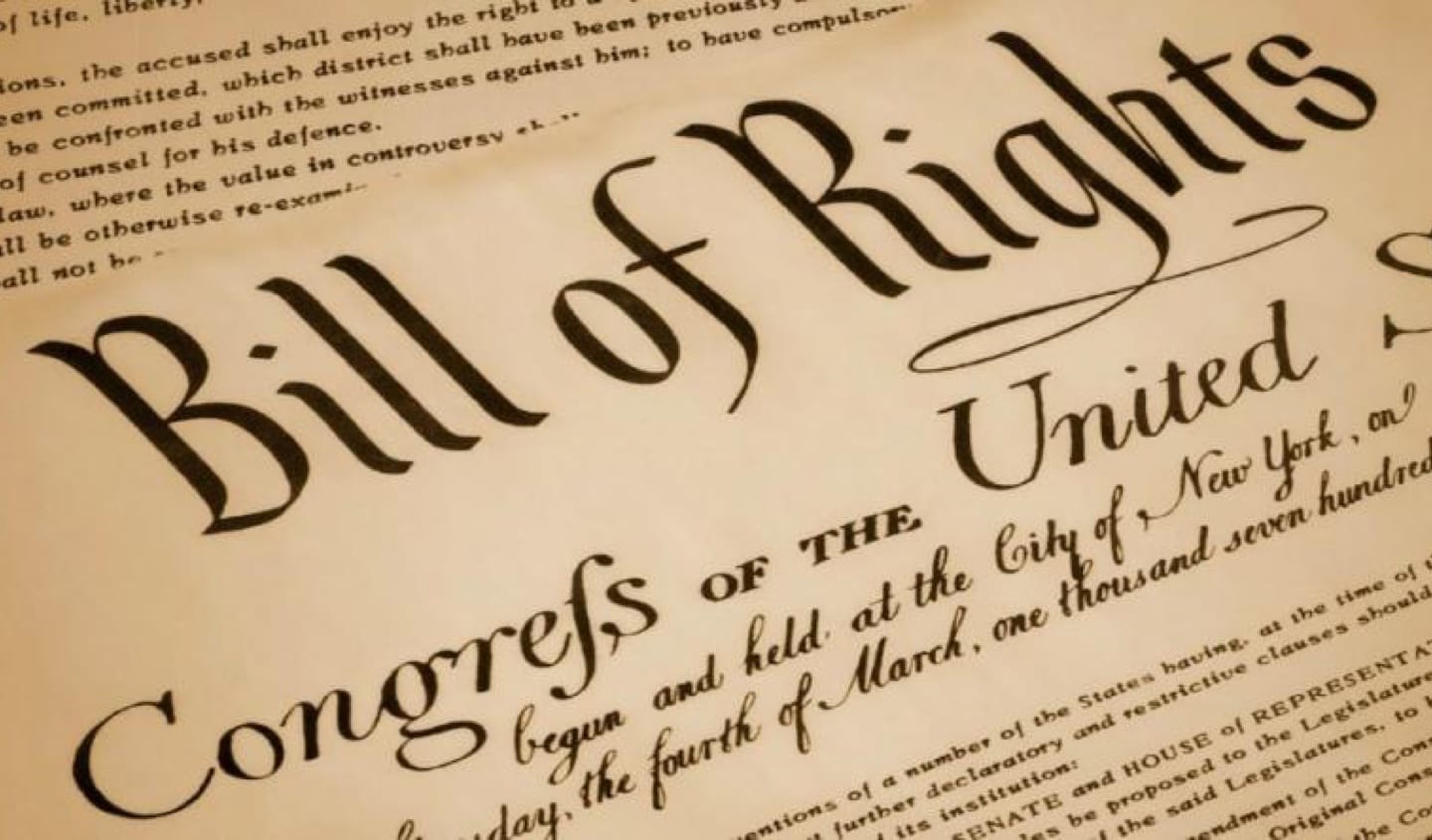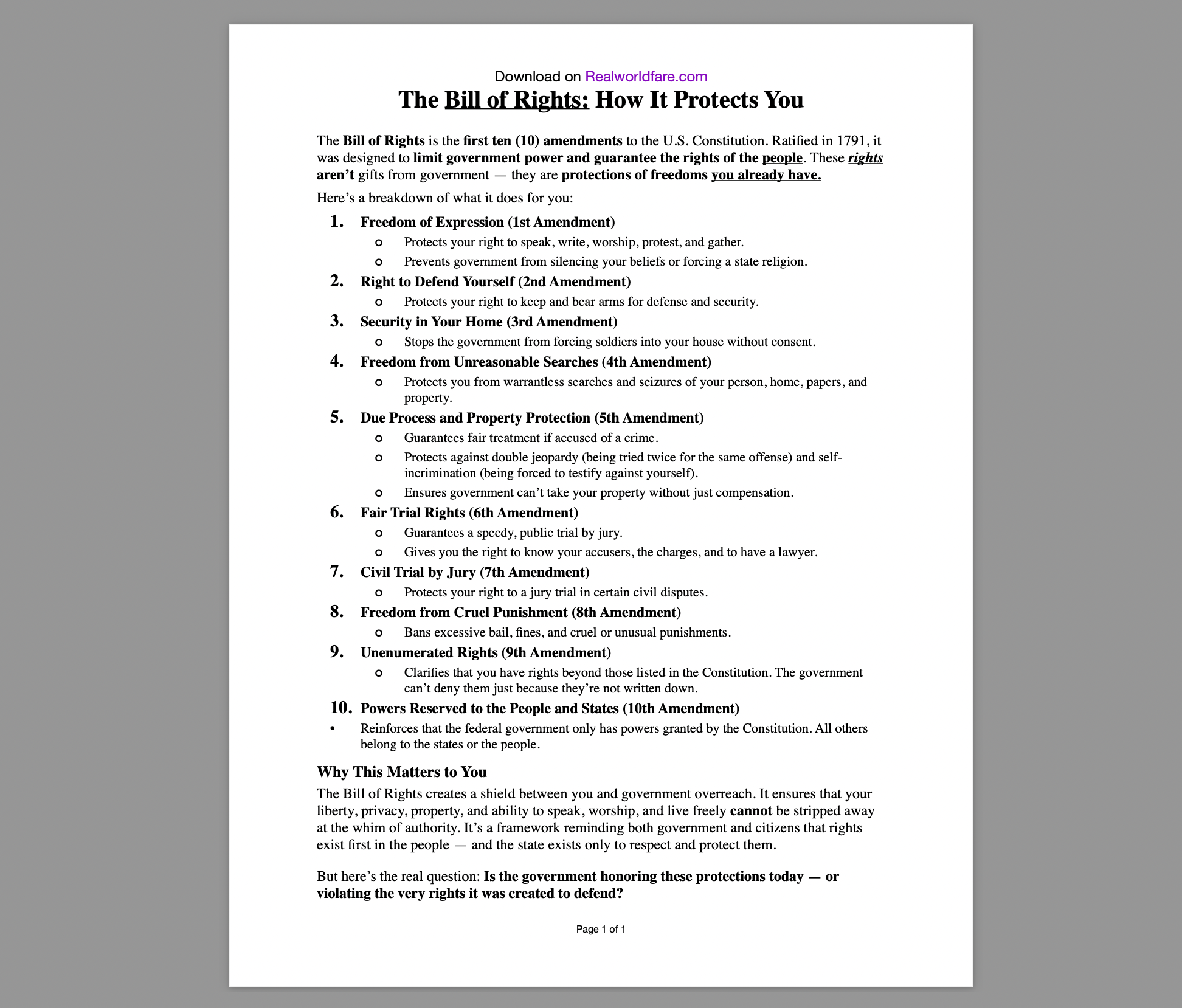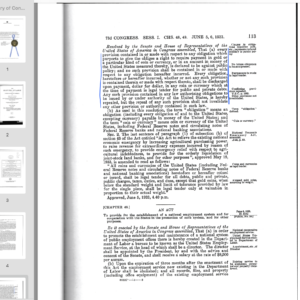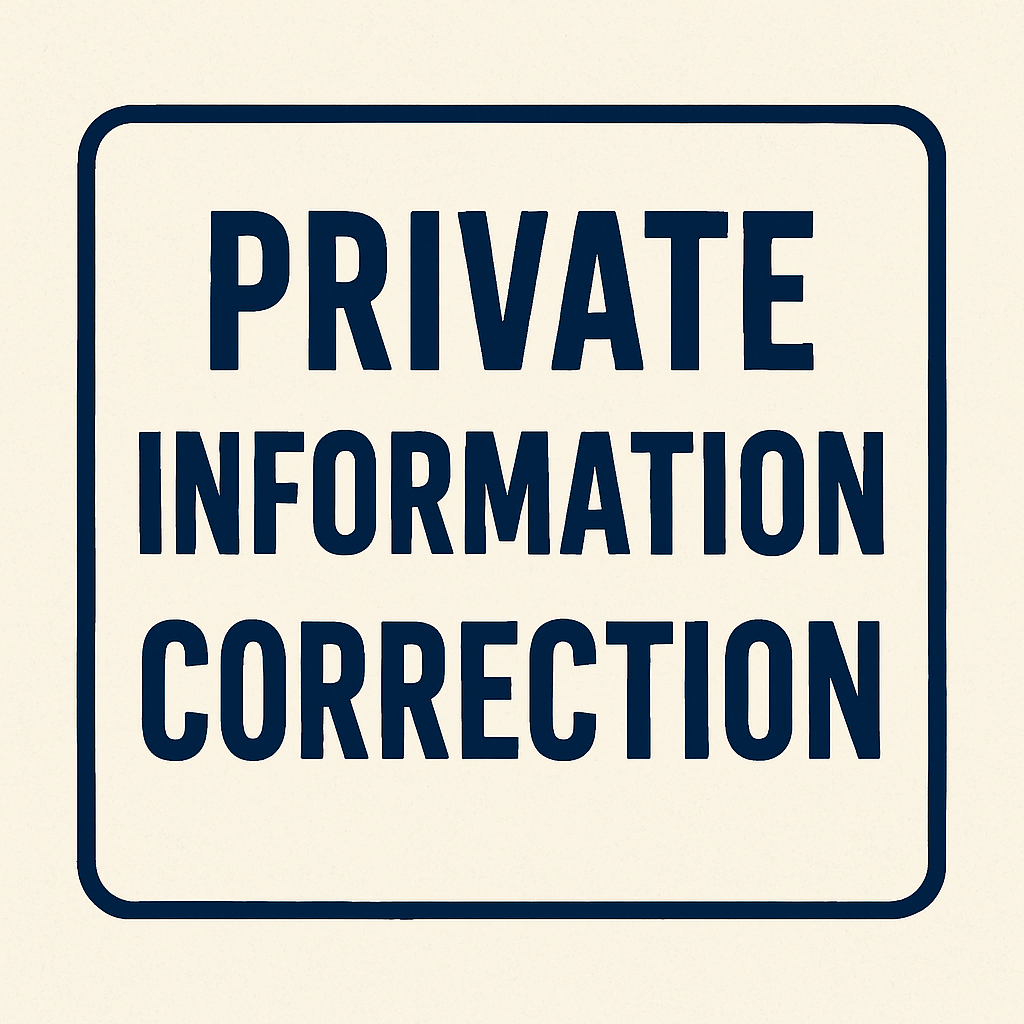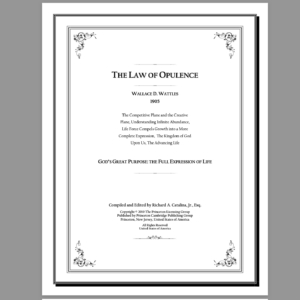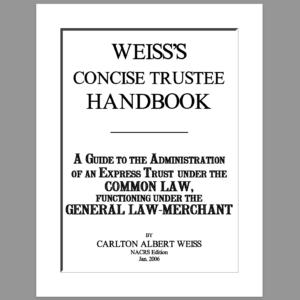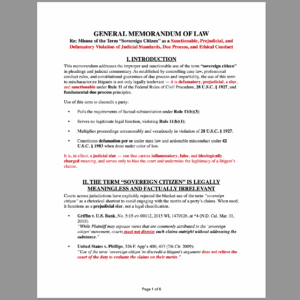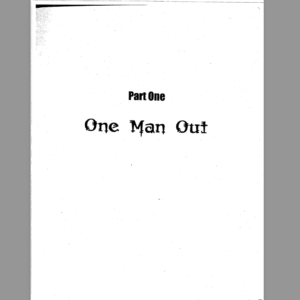The Bill of Rights — the first ten amendments to the U.S. Constitution — was ratified in 1791 to limit government power and safeguard your freedoms. These are not privileges handed down by government, but protections of rights you already hold.
-
1st Amendment – Free Expression
Protects your speech, press, religion, protest, and assembly. -
2nd Amendment – Right to Defend Yourself
Ensures your right to keep and bear arms. -
3rd Amendment – Security in Your Home
Stops government from forcing soldiers into your home. -
4th Amendment – Privacy
Protects you from unreasonable searches and seizures. -
5th Amendment – Due Process
Shields against double jeopardy, self-incrimination, and unlawful property seizure. -
6th Amendment – Fair Trial
Guarantees a speedy, public trial by jury, with the right to counsel. -
7th Amendment – Civil Jury Trial
Preserves jury trial rights in civil disputes. -
8th Amendment – No Cruel Punishment
Bans excessive bail, fines, and cruel or unusual punishment. -
9th Amendment – Unlisted Rights
Affirms you have rights beyond those written in the Constitution. -
10th Amendment – Power to the People
Limits the federal government; powers not given to it remain with the states or the people.
Why It Matters
The Bill of Rights is a shield between you and unchecked authority. It exists to ensure government never becomes bigger than the people it serves.
But here’s the real question: Is the government honoring these protections today — or violating the very rights it was created to defend?
